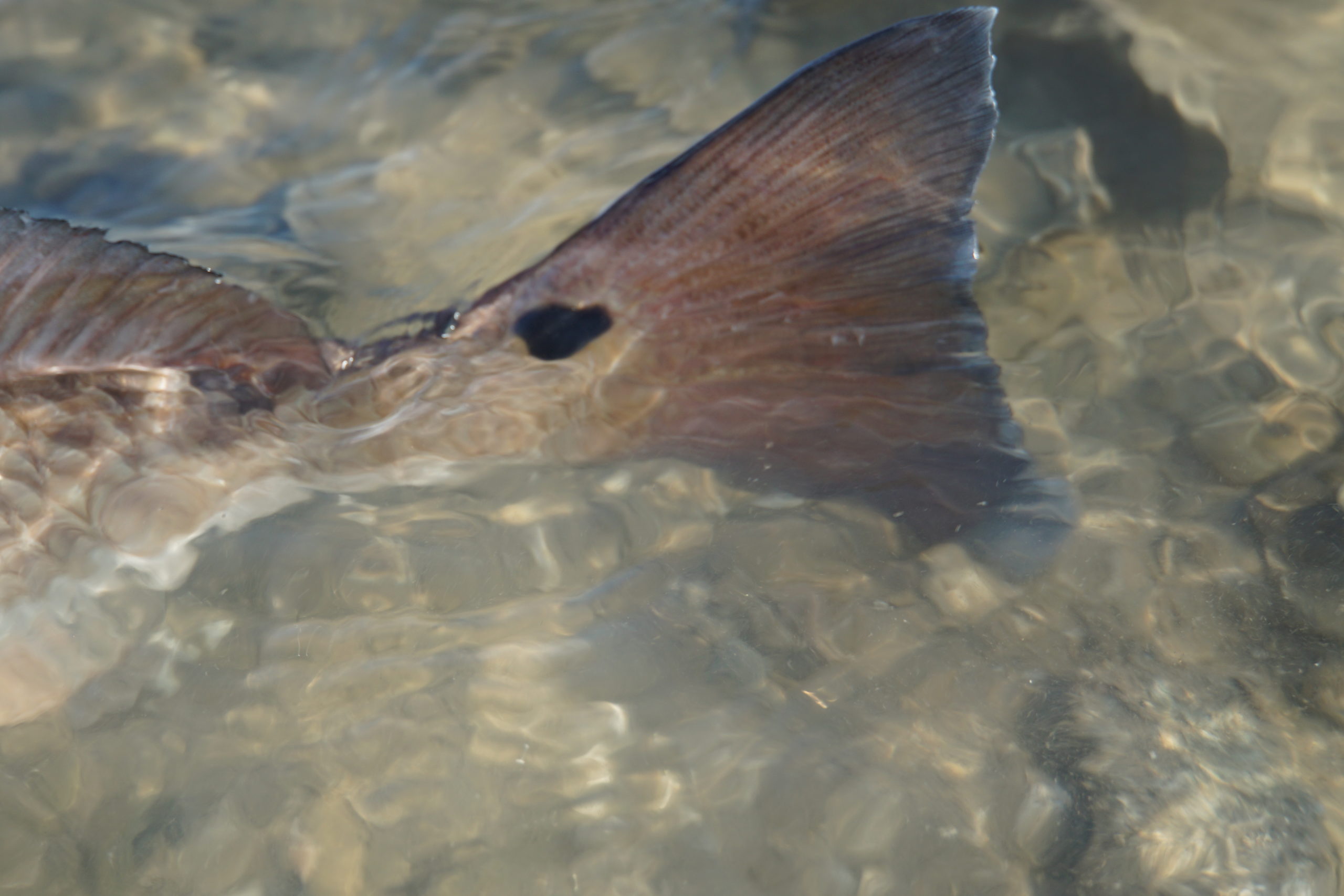
The late Cullen Plaag, father of acclaimed Galveston-based guide James Plaag, once advised me, as we discussed a potential business move, “If you’re gonna be a fly, be a big green one.” That priceless insight has never left me. I love it. I don’t know if he came up with it and honestly, it doesn’t matter. It’s pure genius. It speaks to so many truths in business, relationships, and life. It reminds me that successful people identify the things they want to accomplish and make a difference in and become giant, hairy, green flies in those spaces. They overwhelm the issue, and right now, Texas coastal bays have an issue that needs that kind of help and commitment.
In the wake of a massive and destructive winter freeze along the Texas coast, inshore fish populations got devastated in certain regions and undoubtedly damaged in others. From the fragile forage base to the beloved gamefish, the images of dead fish appeared on phones and laptops almost immediately after the freeze. The exact details and analysis of the freeze’s impact is still being assessed by the Texas Parks and Wildlife Department (TPWD), but it is clear that it was a bad freeze.
In reaction, CCA Texas’ volunteer leadership and staff followed their more than four-decade tradition of conservation and immediately contacted TPWD to offer assistance and funding for the three trout and redfish hatcheries along the coast – The CCA Marine Development Center, CCA/Dow/TPWD Sea Center and the Perry R. Bass Hatchery. Incredibly, the research centers and fish production facilities can generate millions of juvenile redfish and speckled trout with brood stock kept onsite at the facilities. Although complex and expensive to operate, these hatcheries have the ability to boost fish stocks artificially and rapidly rebuild the fishery. With an additional boost from CCA Texas, the future for the quick recovery of Texas bays just got a little brighter.
Additionally, in a bold statement of conservation ethic, CCA Texas’ 30-year running STAR Tournament immediately transformed its inshore divisions to an all catch-and-release format with tagged redfish categories and a clip-and-claim, no-retention model. This same dedication to conservation is emerging in popular tournaments along the entire coast with a new no-kill mantra that may become the norm of the future rather than the exception.
In this same conservation spirit, a number of high-profile guides have dedicated all of their 2021 trips to exclusively catch-and-release, and individual anglers across the coast (including me) are personally and even publicly pledging to not keep a speckled trout this year and possibly beyond. More importantly, anglers across the State are reaching out to groups like CCA and to TPWD and asking how they can help. It’s inspiring to think the destruction of a freeze will likely turn into what may be the next giant leap forward in conservation ethic.
Regardless of the final totals, undoubtedly this freeze destroyed a lot of finfish, but maybe as the analysis becomes clearer and the needs of TPWD become evident, we may have a new level of need for conservation and lot more big green flies to make it happen.
